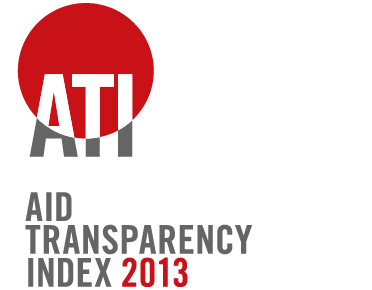The Road to 2015 Campaign: Open Data for Sustainable Development was launched today by Publish What You Fund at the UN Development Cooperation Forum in NYC.
What is it about?
 The Road to 2015 campaign is about harnessing the power of open data for sustainable development.
The Road to 2015 campaign is about harnessing the power of open data for sustainable development.
What do we want?
- We want donors who have committed to publishing aid data to deliver on that promise.
- We want transparency and open data for development cooperation to feature as an integral component of the Post-2015 Development Agenda.
Why now?
The clock is ticking on donor promises. At the Busan High-Level Forum on Aid Effectiveness in 2011, the world’s largest donors promised to fully implement a common standard for aid information – the International Aid Transparency Initiative (IATI) – by the end of 2015. While some are now publishing this data, efforts remain uneven.
We are at a crucial point in the push for open data for sustainable development. The Post-2015 Development Agenda will be important for setting targets on sustainable development in the context of poverty eradication, and we need to make sure that transparency and open data remain an integral part of these discussions.
Why does it matter?
Open data is power. Partner countries have asked more information about development cooperation to deliver positive results on the ground. Likewise, citizens want to know what is being spent where, by whom, and with what results, so they can hold their governments to account.
The Road to 2015 must be paved with open data, not just good intentions. Progress is being made but donors need to accelerate their efforts to make this information accessible and bring about meaningful change. In the context of the Post-2015 Development Agenda, it is important we remind donors of their original promise to make their spending data open and accessible.
How to get involved?
This launch is a call for global support from all development actors advocating for transparency and accountability. It would be great if we could add your organisation to the growing list of supporters that already includes Action Aid, Christian Aid, ONE, Oxfam, Plan USA, Save the Children, Transparency International. Please email us for more information, or to ask any questions.
Find out more: www.roadto2015.org
